Nauru Travel Guide
Discover Why You Should Visit Nauru
Why Visit Nauru?
Nauru, the world’s third smallest country, offers a rare and tranquil escape off the beaten path. With its dramatic phosphate cliffs, coral reefs, and deeply rooted local traditions, it provides a unique travel experience filled with authenticity and solitude. Ideal for travelers seeking untouched destinations, Nauru stands out for its simplicity and charm.
Must-Know Facts
Capital/Major City: No official capital; government offices are in Yaren
Language(s): Nauruan, English
Currency: Australian Dollar (AUD)
Best Time to Visit: May to October (dry season)
Fun Fact: Nauru has no armed forces and relies on Australia for defense
Top Things to Do
Walk or bike the island’s 19 km perimeter road
Explore the remnants of phosphate mining and the inland Buada Lagoon
Swim and snorkel around Anibare Bay
Hike Command Ridge, the island’s highest point with WWII relics
Visit the Nauru Museum to learn about its unique history
Local Culture & Lifestyle
Nauruan culture emphasizes family, hospitality, and respect. Life revolves around community, and traditional practices such as fishing, weaving, and storytelling remain significant. While small in size, the island maintains a strong cultural identity shaped by its history and isolation.
Food & Drink Highlights
Street Food: Fried fish, BBQ chicken, coconut-based dishes
Restaurants: Small local eateries serve Asian-Pacific fusion meals
Drinks: Coconut water, Australian soft drinks and beer
Desserts: Coconut pudding, banana cake
Main Dish & Culinary Symbols
Signature Dish: Coconut fish curry
Common Ingredients: Coconut, rice, fish, bananas, breadfruit
Culinary Culture: Home-cooked meals and shared gatherings are at the heart of daily life
Symbols & Icons of the Area
Natural Icons: Buada Lagoon, coral reef coastline
Cultural Icons: Canoes, woven crafts, phosphate cliffs
Hidden Gems & Off-the-Beaten-Path
The limestone pinnacles and sinkholes inland
Hidden WWII bunkers scattered around the island
Secluded beaches along the eastern coast
Coral outcrops near Anibare Harbor
Shopping & Souvenirs
What to Buy: Handcrafted jewelry, local woven items, postcards
Where to Shop: Local stores near Aiwo and the airport area
Getting Around
Public Transport: Limited; most travel is by car or walking
Car Rentals: Available from local providers
Biking: Popular due to the island’s small size
Flights: Served by Nauru Airlines from limited regional hubs
Travel Tips
Bring cash as ATMs and credit card services are limited
Respect local customs and avoid photographing government sites
Pack essentials, including medications and reef-safe sunscreen
Book flights and accommodations well in advance
Where to Stay
Budget: Guesthouses and small lodges
Mid-range: Island hotels with basic amenities
Luxury: Not available; accommodations are simple and limited
Unique: Ocean-facing rooms with local flair
Sample 4-Day Itinerary
Day 1: Arrive and relax, explore Anibare Bay
Day 2: Visit Command Ridge and the phosphate mining areas
Day 3: Swim near Buada Lagoon and explore local villages
Day 4: Visit the Nauru Museum and enjoy a scenic walk around the island

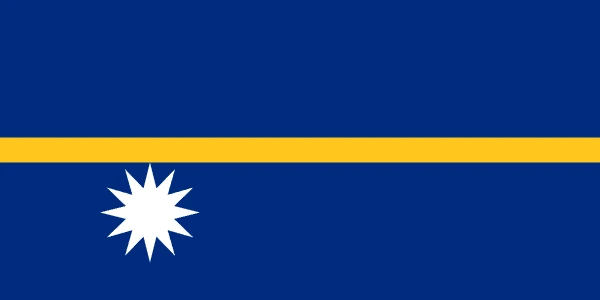
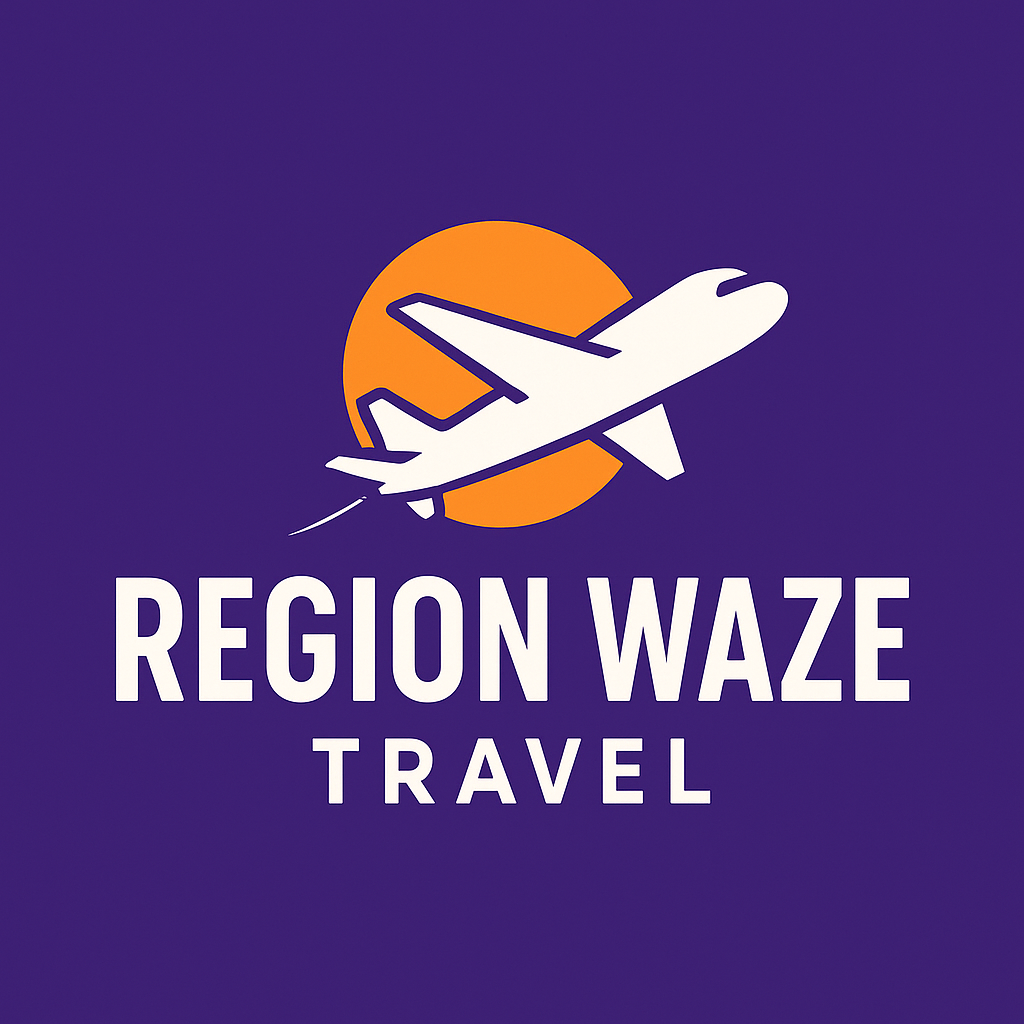
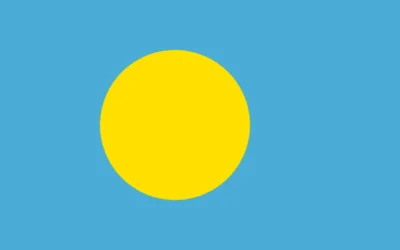
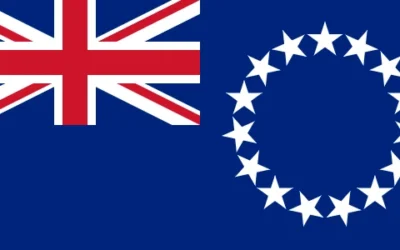
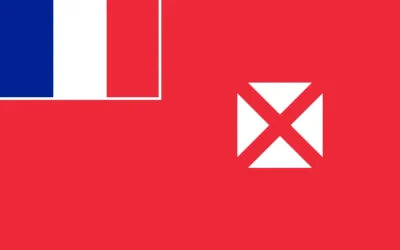
0 Comments